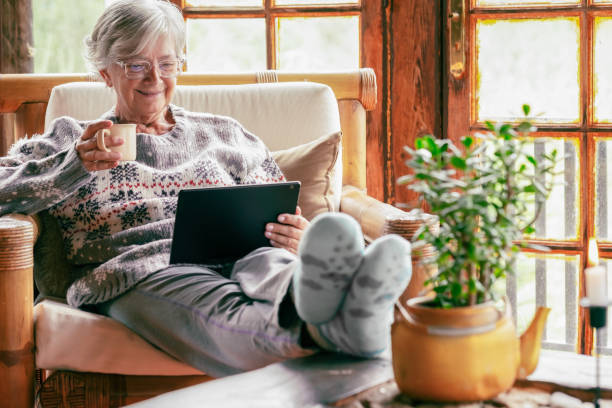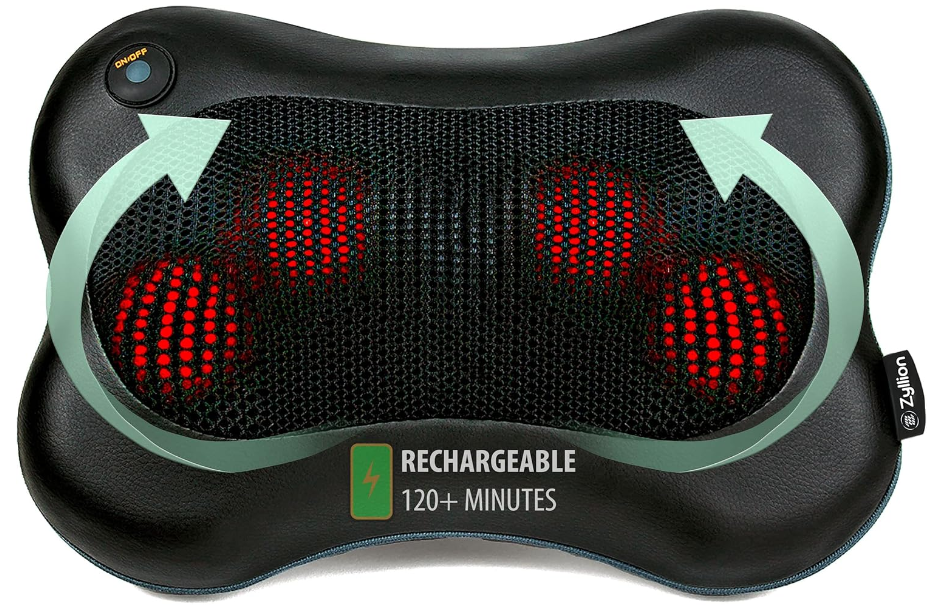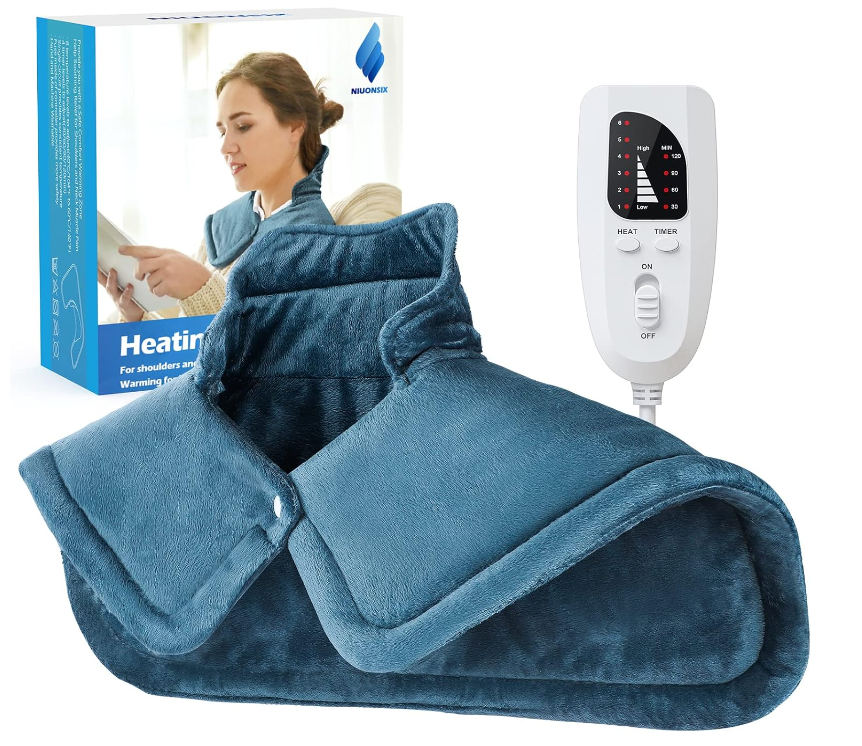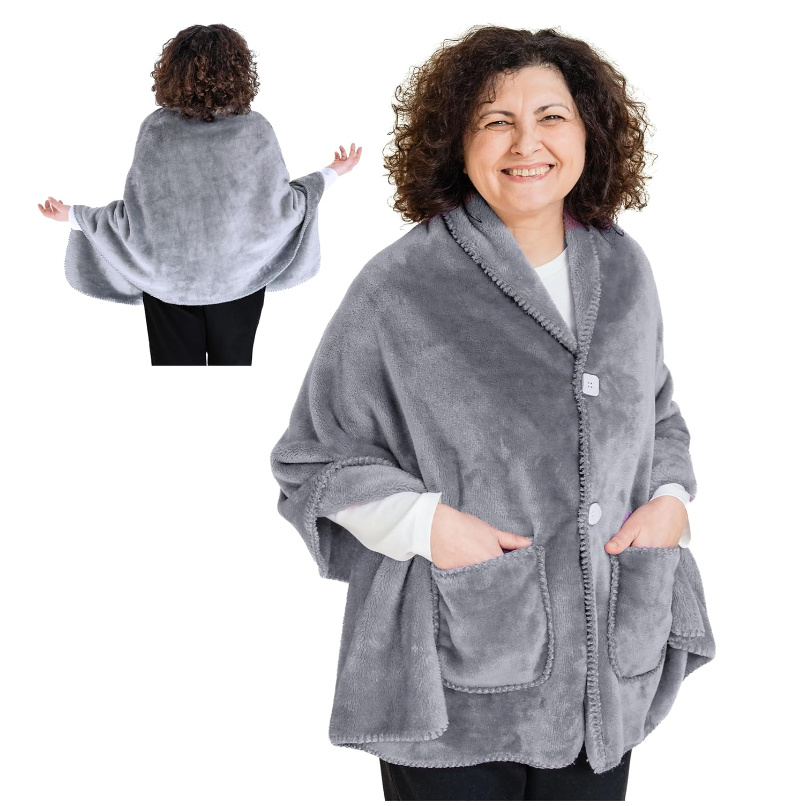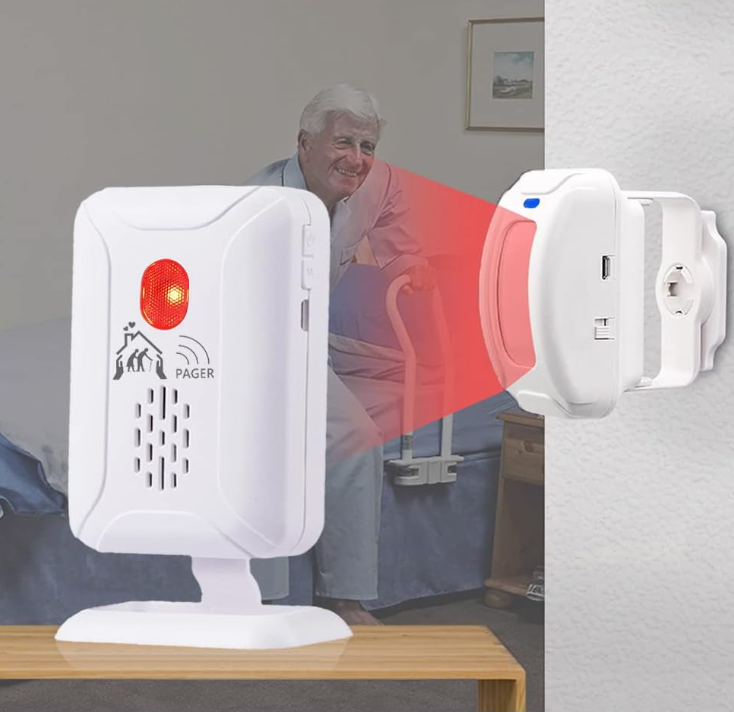Potential Dangers for Seniors Living Alone
Living alone can be empowering for seniors, but it also comes with risks that need to be addressed to ensure their safety and well-being.
Common Risks
-
Falls: One of the most significant dangers, often caused by slippery floors or inadequate lighting.
-
Medication Errors: Forgetting doses or taking incorrect amounts can lead to serious health issues.
-
Isolation: Loneliness can affect mental health and lead to depression.
-
Fire Hazards: Forgetting to turn off appliances can pose a significant risk.
-
Fraudulent Schemesand Frauds: Seniors are often targets for financial scams.
Understanding these risks can help in implementing preventive measures to safeguard seniors living independently.
The Impact of Winter on Seniors' Health
Winter poses additional challenges for elderly individuals, potentially exacerbating existing health conditions.
Winter Health Risks
-
Cold-Related Illnesses: Seniors are more susceptible to hypothermia and frostbite.
-
Respiratory Issues: Cold weather can worsen conditions like asthma and COPD.
-
Cardiovascular Problems: The risk of heart attacks increases in cold weather.
-
Seasonal Depression: Shorter days and less sunlight can lead to seasonal affective disorder (SAD).
Preventive Measures
-
Warm Clothing: Ensure adequate layering to maintain body heat.
-
Vaccinations: Stay up-to-date with flu and pneumonia vaccinations.
-
Regular Check-Ins: Family or caregivers should frequently check on seniors.
Best Sellers
Emergency Preparedness for Seniors at Home
Being prepared for emergencies can make a significant difference in outcomes for seniors living alone.
Steps to Handle Emergencies
-
Emergency Contacts: Maintain a list of family, friends, and medical contacts.
-
First Aid Kit: Keep an easily accessible and well-stocked first aid kit.
-
Medical Alert Systems: Consider using devices that alert emergency services at the push of a button.
-
Fire Safety Plan: Have a clear evacuation plan in case of fire.
Best Sellers
Challenges and Solutions for Seniors Living Alone
|
Challenge
|
Potential Risks
|
Solutions
|
|
Falls
|
Injury from slipping or tripping
|
Install grab bars, improve lighting
|
|
Medication Errors
|
Overdose or missed doses
|
Use pill organizers, set reminders
|
|
Isolation
|
Depression and anxiety
|
Encourage social activities, regular calls
|
|
Fire Hazards
|
House fires from appliances
|
Regular safety checks, install Hazard Detectionalarms
|
|
Fraudulent Schemesand Frauds
|
Financial loss
|
Educate about common scams, monitor accounts
|
FAQs About Seniors Living Alone
Q1: How can seniors prevent falls at home?
A1: Installing grab bars, improving lighting, and removing tripping hazards like loose rugs can significantly reduce the risk of falls.
Q2: What should seniors do if they suspect a scam?
A2: They should immediately hang up, avoid giving out personal information, and report the incident to authorities.
Q3: How can seniors stay warm in winter without high heating bills?
A3: Using draft stoppers, wearing layers, and utilizing energy-efficient space heaters can help maintain warmth economically.
Q4: What are the benefits of medical alert systems for seniors?
A4: These systems provide quick access to emergency services, offering peace of mind for both seniors and their families.
Q5: How can family members support seniors living alone?
A5: Regular visits, phone calls, and assisting with tasks like grocery shopping can provide essential support and reduce isolation.
By understanding the potential risks and implementing effective strategies, seniors can safely enjoy the independence of living alone. These measures not only ensure physical safety but also promote mental well-being, allowing seniors to thrive in their own homes.
References
This article was written on November 11, 2024. All deals are accurate at the time of writing. Please check the retailer's website for the latest information.
